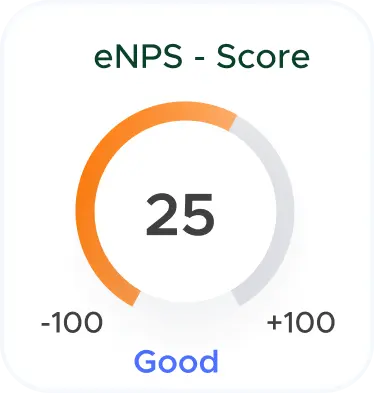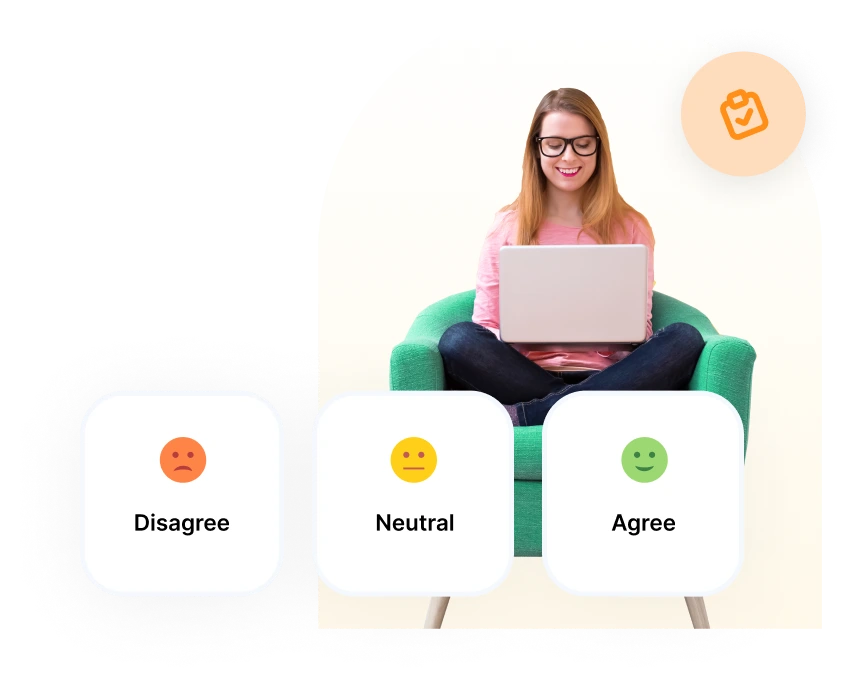What are behavioral questions in interviews?
Behavioral questions in interviews are those that prompt candidates to provide examples of past behavior in specific situations. These questions are designed to assess a candidate's skills, competencies, and fit for the role based on their past experiences. Behavioral questions often focus on areas such as problem-solving, communication, teamwork, leadership, and adaptability.
What is a behavioral-based interview?
A behavioral-based interview is a structured interview technique that focuses on gathering specific examples of past behavior from candidates. Instead of asking hypothetical questions, interviewers ask candidates to provide real-life examples of how they've handled various situations in the past.
The premise is that past behavior is a reliable indicator of future performance, so these interviews aim to assess candidates' ability to demonstrate relevant skills and competencies.

.svg)













.svg)



.svg)
.svg)